Description
Iron deficiency is one of the most common nutritional deficiencies worldwide. Anemia is the result of a negative iron balance that may be due to any or a combination of the following causes: inadequate iron intake, impaired or low iron absorption, poor iron utilization, or increased iron losses, such as chronic blood loss. In addition to iron deficiency, mineral and vitamin insufficiencies (e.g., folate, vitamin B12), chronic inflammation, parasite infestation, and hemoglobin (Hb), hereditary disorders can also cause anemia.1
Chelation is a chemical bonding process results from the reaction of a metal ion from a soluble salt with amino acids. Ferrous bis-glycinate is highly stable amino acid chelate which is formed by the binding of two molecules of glycine to one Fe2+ atom. It is absorbed intact into the intestinal mucosal cells and then the iron is dissociated from ferrous bis-glycinate followed by distribution to the tissues.2
Ferrous bisglycinate consists of one molecule of one ferrous iron attached to two molecules of glycine. The iron is bound to the carboxyl group of glycine in an anionic bond, and to the amino group in a coordinated, covalent bond, to form two heterocyclic rings.3 This structure may protect iron from interactions with dietary inhibitors of iron absorption. This provides a high bioavailability of iron with the less-likely GIT adverse effects.

What are the advantages of Ferrous bis glycinate?
The main disadvantage of traditional ferrous salts is the frequent gastrointestinal (GIT) side effects as nausea, vomiting, abdominal colic and constipation. This definitely affects the patients’ adherence to treatment and the efficacy of iron preparation. On the other hand, amino acid chelated iron preparations had a lower GIT side effects and more rapid effect than ferrous salts.4
Ferrous bis-glycinate was more rapidly and effectively established normalized HB levels and replenishing iron stores than ferrous glycine sulphate.
Adverse effects of oral iron therapy are a common problem in the treatment of patients with IDA. In a study, ferrous bis-glycinate was well tolerated in pregnant women during their second trimesters with fewer GIT adverse events than ferrous glycine sulphate. The safety profile was consistent with what has been previously reported about amino acid chelated iron preparations.5
————————————————————————————————————
A doubleblind study of 200 persons with low iron but not anemic were given either ferrous sulfate or bis glycinate chelate iron (30mg of elemental iron plus 100μg of folic acid) everyday for 12 weeks. Hb and ferritin measured a week after and 6 months later. As the Iron levels and hemoglobin were the same in both, however ferritin concentration was better with bisglycinate after 6 months. 6

Predicted ferritin concentration (μg/l) by iron compound and time of evaluation
■ Studies have shown that Iron bis glycinate is associated with less gastrointestinal intolerance than ferrous sulfate, gluconate and fumarate for a comparable dose of elemental iron but are more expensive.
■ High bioavailability (3 times than ferrous sulfate)
■ Absorbed better by the gut compared to other iron forms
What is role of Folic acid in Anemia?
Folic acid (vitamin B9), a water-soluble vitamin, has been used to treat some cases of macrocytic anemia without neurologic disease. Folate deficiency is best diagnosed with red blood cell folate levels along with macrocytosis and/or megaloblastic anemia.
What does Bisron® contains?
Bisron® capsule contains 80 mg of iron with bis glycinate salt and 1 mg of folic acid along with vitamin C. The iron bis glycinate salt in Bisron®, in addition to its high absorption compared to other iron supplements, has less digestive side effects such as constipation, diarrhea, and nausea. Vitamin C is also effective in improving iron absorption and strengthening the immune system.
How to use Bisron®?
In adults and children over 12 years of age, one capsule should be taken daily, preferably on an empty stomach, and if digestive complications occur, after a meal.
If you need higher amounts, be sure to consult a doctor or pharmacist.
References :
- Effect of supplementation with ferrous sulfate or iron bis-glycinate chelate on ferritin concentration in Mexican schoolchildren: a randomized controlled trial
- 2.Ashmead SD. The chemisty of ferrous bisglycinate chelate. Archivoslanoamericanos de
nutricion 2001; 51(1): 7-12 - 3.Ferrous bisglycinate as a source of iron for use in the manufacturing of foods and in food
supplements: The EFSA Journal 2006;299: 2-17 - 4.Burns D. Enhanced transport of amino acid chelated minerals. Research and Development.
Concord, California: Seroyal Brands, Inc.; 2002 - Hertrampf E, Olivares M. Iron amino acid chelates. Int J Vitam Nutr Res. 2004; 74(6):435–43
- 6.Effect of supplementation with ferrous sulfate or iron bis-glycinate chelate on ferritin concentration in Mexican schoolchildren: a randomized controlled trial
Specifications
| Package type | 2 blister pack in box |
| Number in package | 30 |
| Health Code | 153920412361134609660 |
| Gender of consumption | All genders |
| Category | Capsule |
| Manufacturer Company | Daroo Salamat Pharmed |
| Manufacturer Country | Iran |
Comments

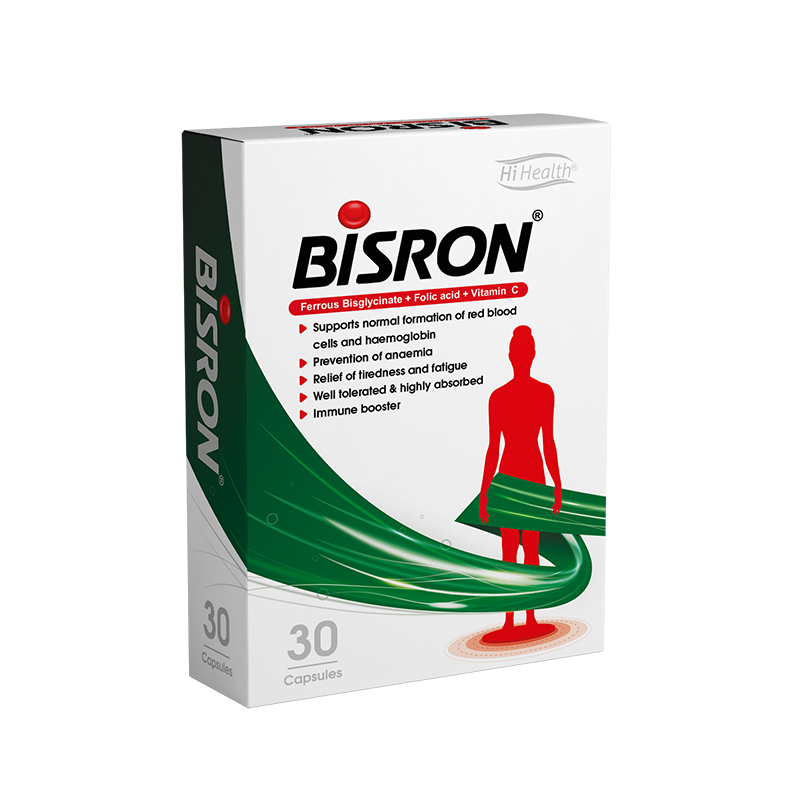
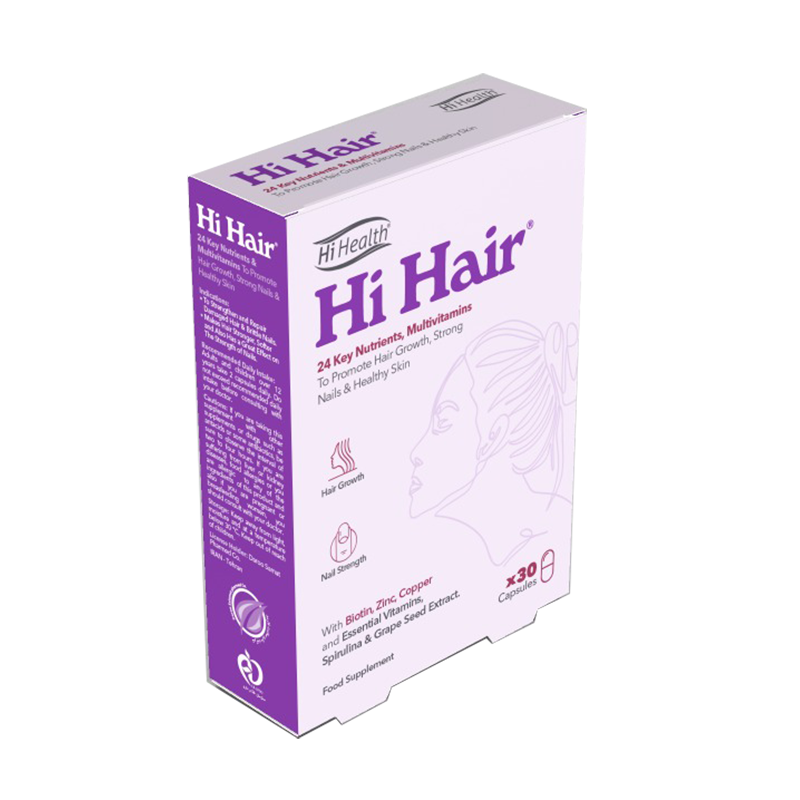
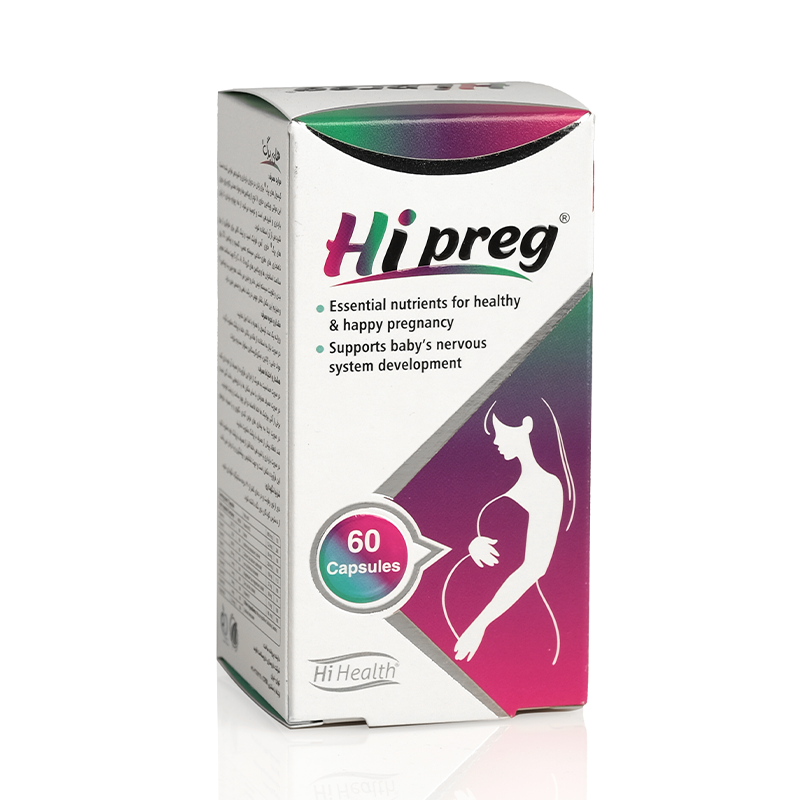
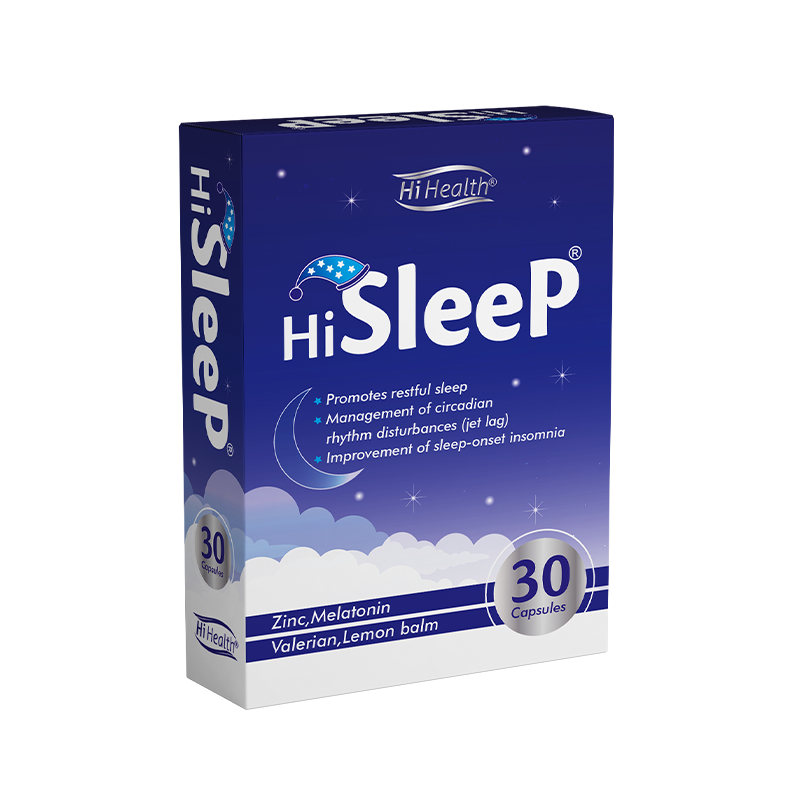
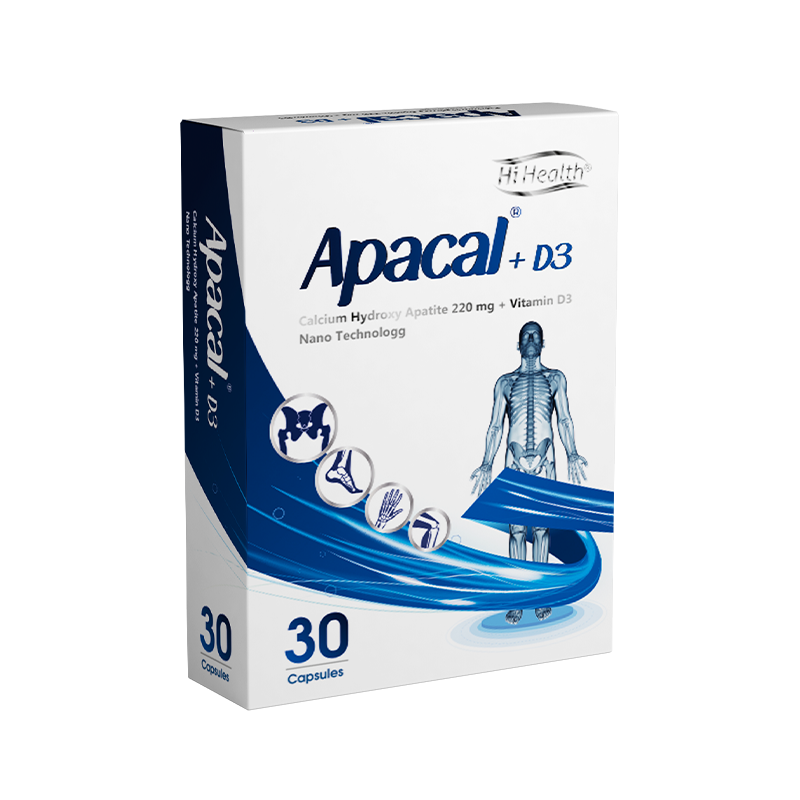
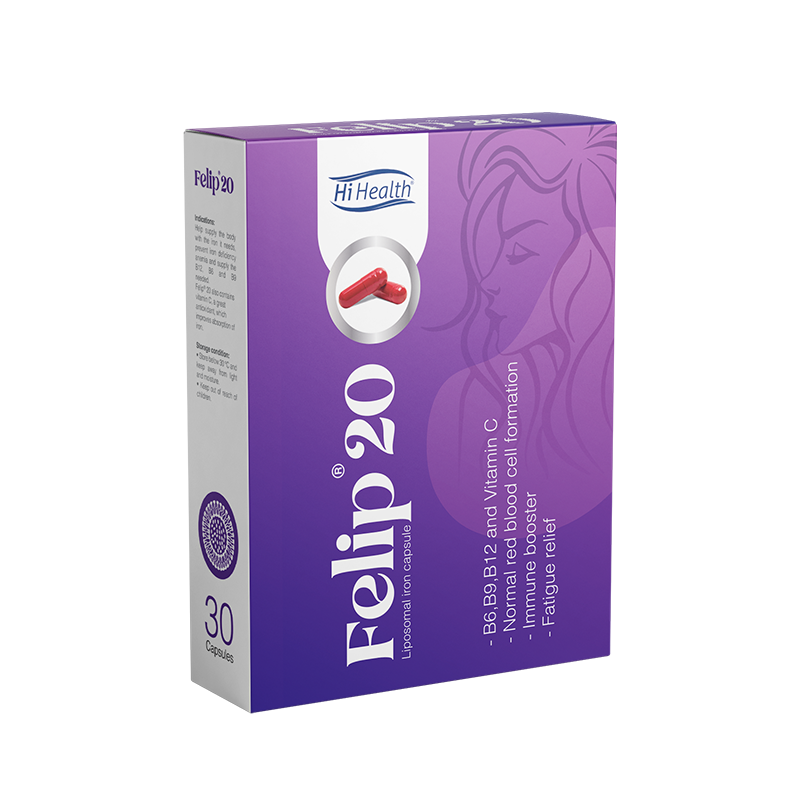
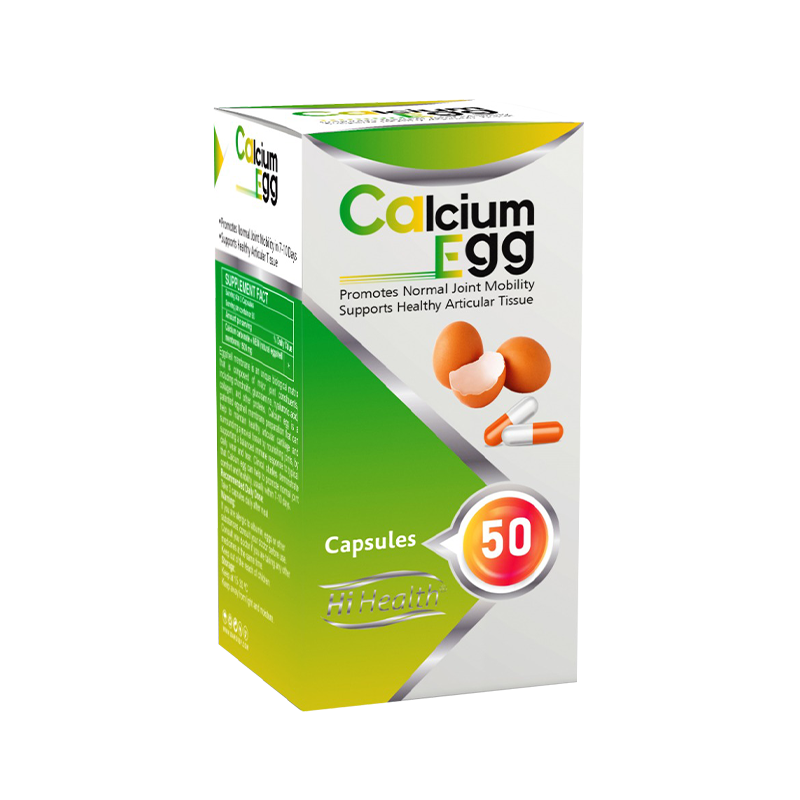
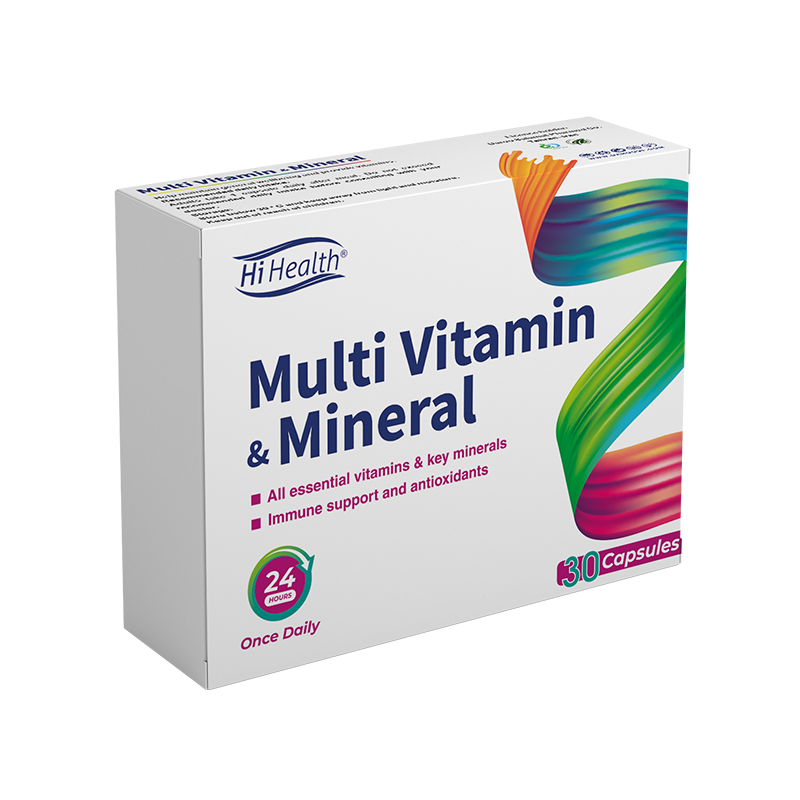
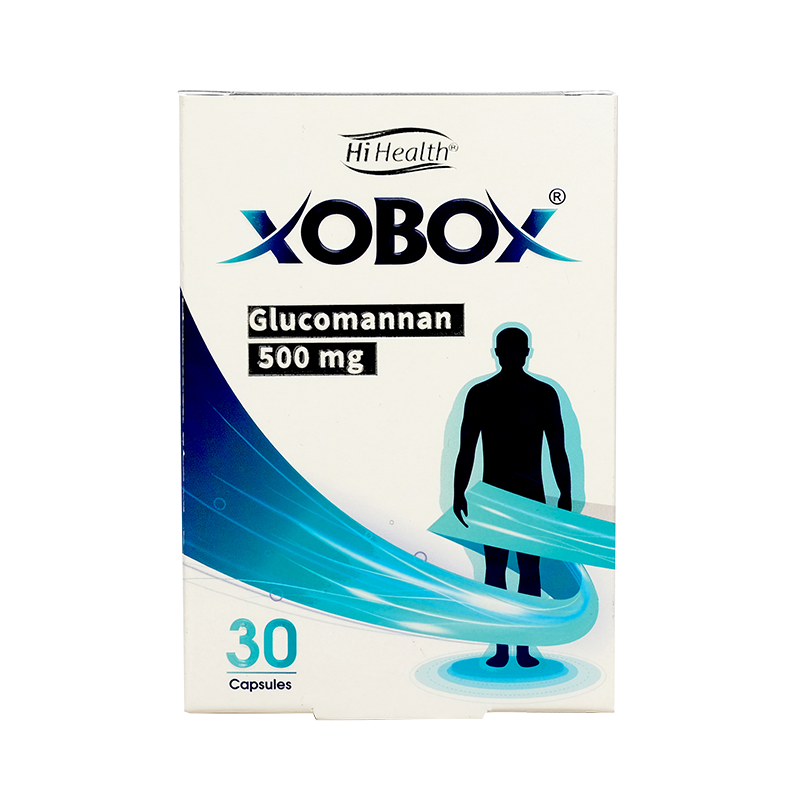
Reviews
There are no reviews yet.